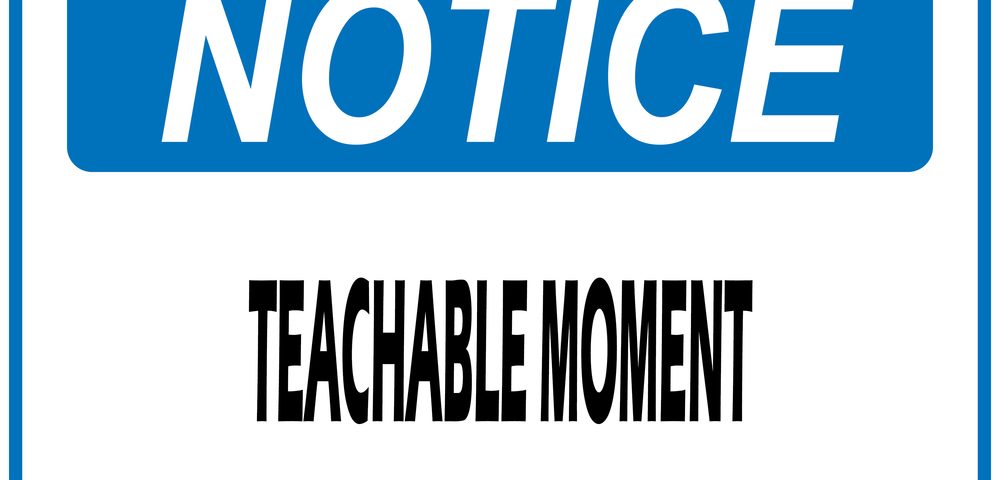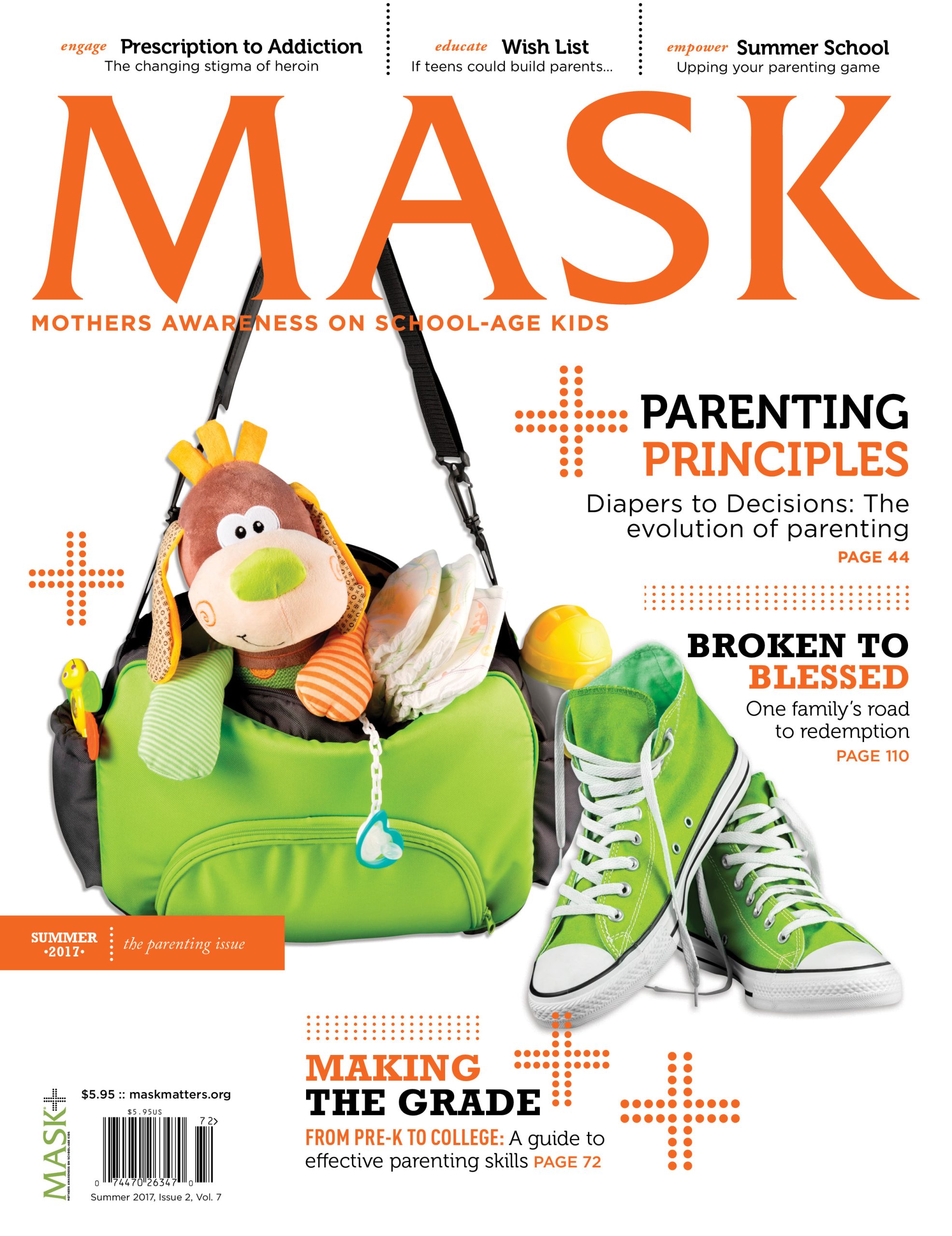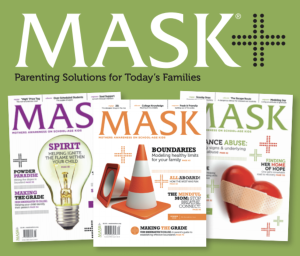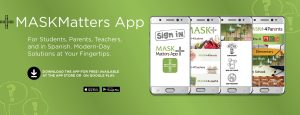
School And Academics
January 14, 2022
Ask Questions?
January 16, 2022Education
We all have similar, universal human needs. We all want to belong, and to have a sense of meaning and significance. Often, children engage in risky and unhelpful behaviors because they are trying to meet a real, legitimate need in a way that ends up being very negative and harmful with long-term consequences. Kids can turn to bullying, drug use, unhealthy relationships and violence in an attempt to meet a real need in a harmful way.
Giving your children a strong sense of identity, worth and value is of paramount importance.
Let’s first take a look at emotional intelligence, or the ability to recognize one’s own and other people’s emotions, to discriminate between different feelings and label them appropriately, and to use emotional information to guide thinking and behavior.
Daniel Goleman literally wrote the book on emotional intelligence. As the author of “Emotional Intelligence: Why It Can Matter More Than IQ,” his research and findings has been groundbreaking:
As parents, we all want what is best for our children. We try to find them the best schools, the best teachers, the best activities. We can sometimes exhaust ourselves (and our children) searching for what’s best for them. Yet, what is often missing is building our children’s emotional intelligence, which has been shown to be a greater predictor of adulthood success than high academic achievement.
The field of social and emotional learning teaches us how we can best meet our children’s social and emotional needs. It also shows us how to help them grow as emotionally intelligent people who know and value themselves, have healthy relationships with others, and fulfill the highest purposes for their lives. Ideally, social and emotional learning should be part of every child’s school day, as well as a part of what we, as parents, teach at home.
Social and emotional learning has five components. The first two, self-awareness and self-management, emphasize children’s relationship with themselves. Children who are self-aware can accurately recognize their own thoughts and emotions, and understand their influence on behavior. Self-aware children can accurately assess their own strengths and weaknesses. They are typically confident and optimistic.
Children with strong self-management can regulate their thoughts and emotions effectively in different situations. They can control impulses well and can set and achieve personal and academic goals.
The next two, social awareness and relationship skills, emphasize children’s relationships with others. Socially aware children can take the perspective of and empathize with others, and understand social norms for behaviors. Children with strong relationship skills know how to communicate clearly, listen actively, negotiate conflict appropriately, and seek and offer help when needed.
Lastly, children with strong responsible decision-making skills have the ability to make constructive and respectful choices about their behavior and social interactions, keeping the well being of themselves and others in mind.
So you can see why we need to help guide our children to healthy decisions but also remember kids are going to make mistakes and the goal is to use them as a teachable moment. And that occurs when as parents we are parenting from an educated standpoint not a fear based one.
To learn more add the Parenting Principles to your MASK Library
MASK the Parenting Magazine a quarterly publication providing solutions for Today’s Families.
The parenting manual offering solutions to the modern-day challenges families face. From Pre-K
through College stay up to date on the modern day issues families face.
Are you up to date on the issues your child is facing?
MASK Mothers Awareness on School-age Kids offers parenting solutions for today’s families. MASK tackles important topics – from drugs and alcohol to bullying and Internet safety -and gives students, parents and the community the knowledge and tools to manage these potential challenges.
Subscribe today! https://www.tools4teaching.com/product/mask-the-magazine/
Download and share the MASKmatters app now! Made for children, parents, teachers and in Spanish.
Have solutions at your fingertips
Available free on apple and google play links below
Apple https://apps.apple.com/us/app/maskmatters/id1482305692
Google Play
https://play.google.com/store/apps/details?id=com.maskmatters.maskmattersapp&hl=en_US&gl=US





